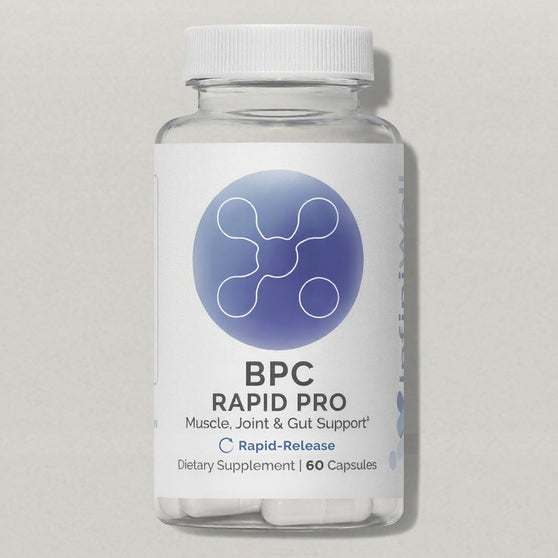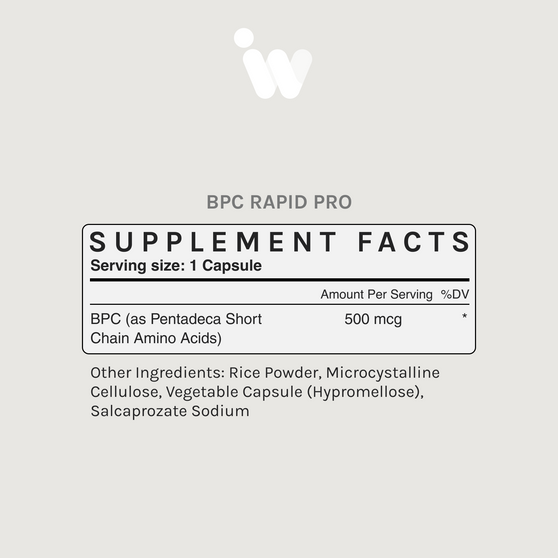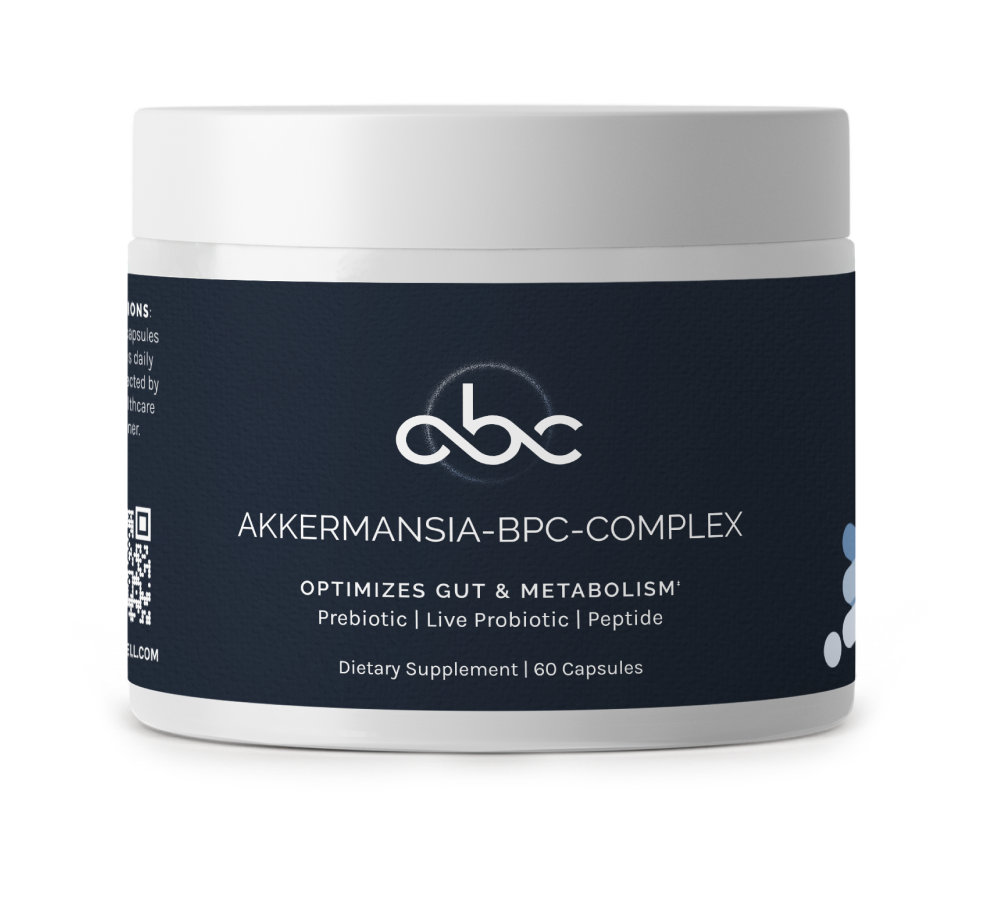Key takeaways
-
Peptides are small protein fragments that help maintain skin structure and function. Knowing what peptides are in skincare can make it easier to find products that match your skin's needs.
-
GHK-Cu and similar signal or carrier peptides may promote smoother-looking skin and help create better conditions for scalp and hair health. However, results vary depending on formulation and consistency.
-
Many peptides are well-tolerated, but potential peptide side effects can include redness, irritation, or sensitivity, especially when layered with other active ingredients.
-
Not all peptide products deliver the same benefits. Look for credible formulations and avoid expecting overnight results.
-
Peptides can be a valuable part of your skincare routine, but they work best when combined with staples like gentle cleansers, moisturizers, and ingredients that support lasting hydration.
Peptides are having a moment. From viral lip treatments to so-called "disruptive skincare," they’re everywhere, often pitched as the missing link in your skincare routine.
But not everyone's convinced. Not all peptides for skin are created equal, and not all promises hold up under closer scrutiny.
Let’s break down what peptides actually do, what’s marketing fluff, and where ingredients like GHK-Cu fit in.
But first, what are peptides in skincare?
Peptides are short chains of amino acids, often described as the body’s natural building blocks.
In skincare, they’re used to support collagen and elastin, proteins that give skin its firmness and elasticity. Some peptides help signal your skin to do specific tasks, like holding moisture or smoothing texture. Others act as delivery agents for trace minerals like copper.
Even so, what peptides actually do in skincare isn’t always clear from the label. Formulas use different types, each with its own purpose—which is where confusion (and a bit of hype) tends to creep in.
What people are saying: Big promises, bigger questions
Some peptide products claim to do it all: tighten skin, smooth fine lines, regrow thinning hair, and erase dark circles in just a few weeks.
The concerns?
-
The term “peptides” gets tossed around in cosmetics without enough context.
-
Some users see no change in skin texture or elasticity, despite using pricey peptide creams or serums.
-
There’s little transparency about how synthetic peptides differ from those naturally found in the body.
-
Long-term use raises concerns around irritation, especially for sensitive skin types or those layering multiple active ingredients.
Critics argue the industry has turned “peptide” into a catchall, with vague science and inflated results.
What’s valid and what’s missing
Yes, there are peptide products with exaggerated claims. But lumping all peptides together oversimplifies things.
Here’s what’s often left out of the conversation:
Different peptides do different things
There are different peptides, each with their own function. Some are signal peptides, which help support collagen and elastin production. Others are carrier peptides, designed to deliver ingredients like copper to the skin.
There are even enzyme-inhibiting peptides that may reduce signs of aging and antimicrobial peptides that support skin barrier function.
Peptides are built from amino acids, the skin’s building blocks
Peptides are made up of amino acids linked together, forming small chains that serve as the foundation for proteins such as collagen, elastin, and keratin. These structural proteins give human skin its strength, bounce, and resilience.
Formulation matters—so do your expectations
When formulated properly, peptides in skincare can support:
-
Smoother-looking skin and a more youthful appearance
-
More even-looking skin tone and better hydration
-
Reduced visible irritation or sensitivity
-
More resilient skin barrier to help protect against environmental stressors
Peptides vs. hype: What do peptides do for skin?
Used the right way, peptides offer many benefits. But results depend on the formula, delivery method, and how they fit into your overall skincare routine.
Here’s what the research and product data suggest:
-
Signal peptides may encourage collagen production, supporting firmness and reducing lines and wrinkles.
-
Carrier peptides, like those in InfiniWell's GHK-Cu, may support skin health by delivering trace elements like copper to stressed or aging skin.
-
Some peptide complexes are used in eye creams to address puffiness, dark circles, or crow’s feet.
-
Others support smoother skin texture or aid skin elasticity.
Most peptides work best when combined with other skincare products that support hydration, like hyaluronic acid, and used alongside staples like a gentle cleanser or antioxidant-rich serums.
What about GHK-Cu and hair regrowth?
GHK-Cu is a growth factor peptide that occurs naturally in the body. It contributes to the health of connective tissues and skin structure, with potential links to hair follicle activity.
Early research, including studies published in the International Journal of Molecular Sciences, suggests that GHK-Cu may support cellular functions tied to tissue health and muscle-related pathways. When applied to the scalp, it may help create conditions that support hair retention and regrowth, especially when combined with cosmetic ingredients that target scalp and follicle health.
But—and it’s a big but—results depend on different factors: genetics, scalp health, product strength, and consistency. For some, adding peptides may support visible improvement. For others, expectations need to be grounded.
Better understanding leads to better outcomes
Peptides aren’t miracle molecules, but they're not snake oil, either. The science is still growing, and what matters is sourcing, formulation, and how peptides fit into your skincare and scalp care plan.
If you’re looking to incorporate peptides into your routine, here are a few tips:
-
Look for reputable cosmetic or skincare brands that disclose their formulas.
-
Pair peptides with ingredients that nourish skin cells, like ceramides, hyaluronic acid, or niacinamide.
-
Use peptide creams consistently. These aren’t quick-fix products.
-
Pay attention to how your skin responds, especially if you’re already using exfoliants or retinoids.
Final word: The truth is more balanced than bold claims suggest
Peptides work—but not instantly or dramatically. The best results come from consistent use and a solid understanding of how the ingredient functions.
GHK-Cu, in particular, shows promise in both anti-aging skincare and scalp support. But the key is realistic expectations and high-quality formulations.
If you're exploring peptide products for skin care, aim for balance: thoughtful use, reliable ingredients, and consistent application.
Want to learn more about safe, science-backed peptide blends? Start with GHK-Cu for skin hydration and nourishment and DUO for scalp care.
Glossary
Terms to know:
-
Amino acids: The basic units that make up peptides and proteins.
-
Benefits of peptides: These can include smoother-looking skin, more even tone, better moisture retention, and visible support for firmness.
-
Carrier peptides: Peptides that transport trace elements like copper to the skin.
-
Peptide bonds: The chemical links that connect amino acids together to form peptides.
-
Peptide complex: A blend of multiple peptides designed to offer a wider range of benefits in one product.
-
Peptides: Short chains of amino acids that signal skin cells to perform specific functions. Certain peptides may support collagen production, reinforce the skin barrier, or calm visible irritation.
-
Signal peptides: A type of peptide that encourages the skin to carry out specific functions, such as supporting firmness or evening out skin tone.
-
Skin barrier: The outermost layer of the skin that helps retain moisture and keep out irritants.
-
SOURCES





















